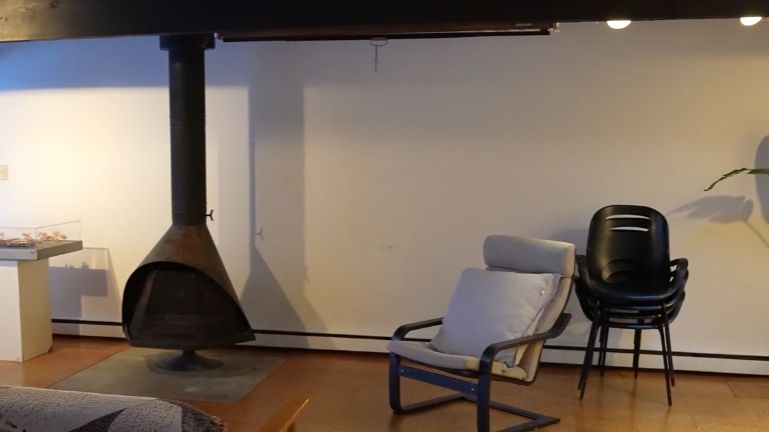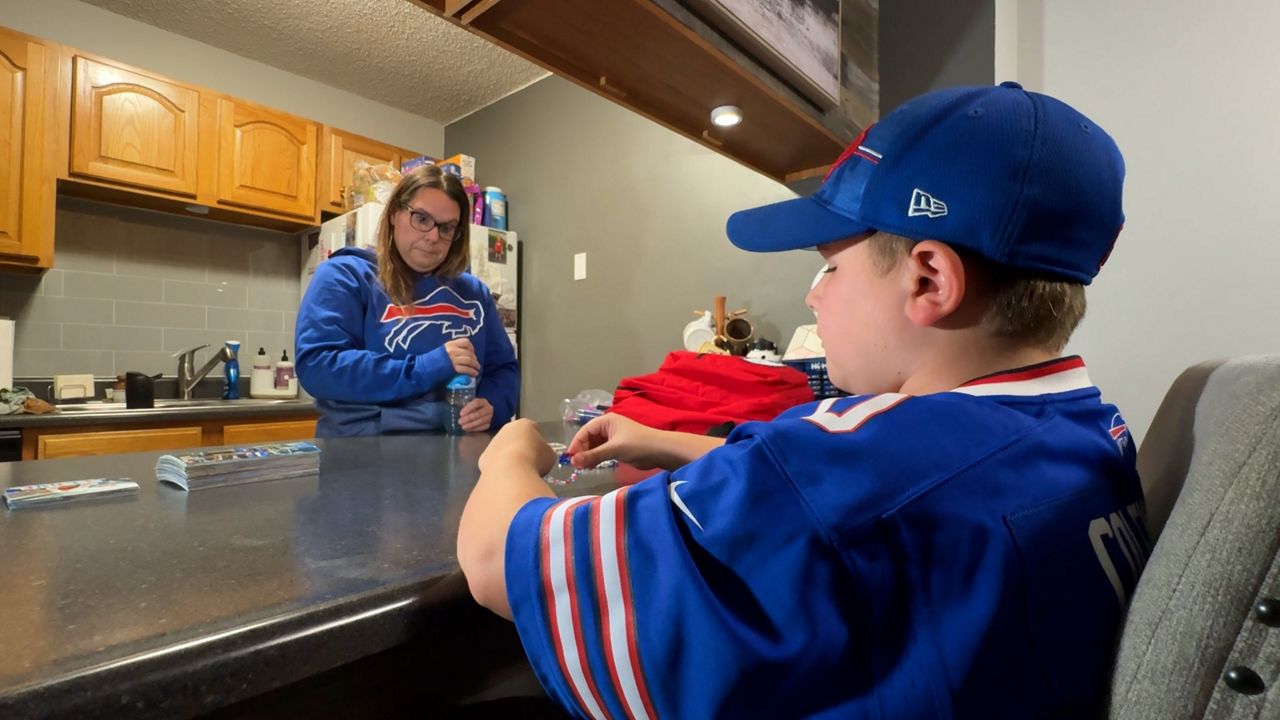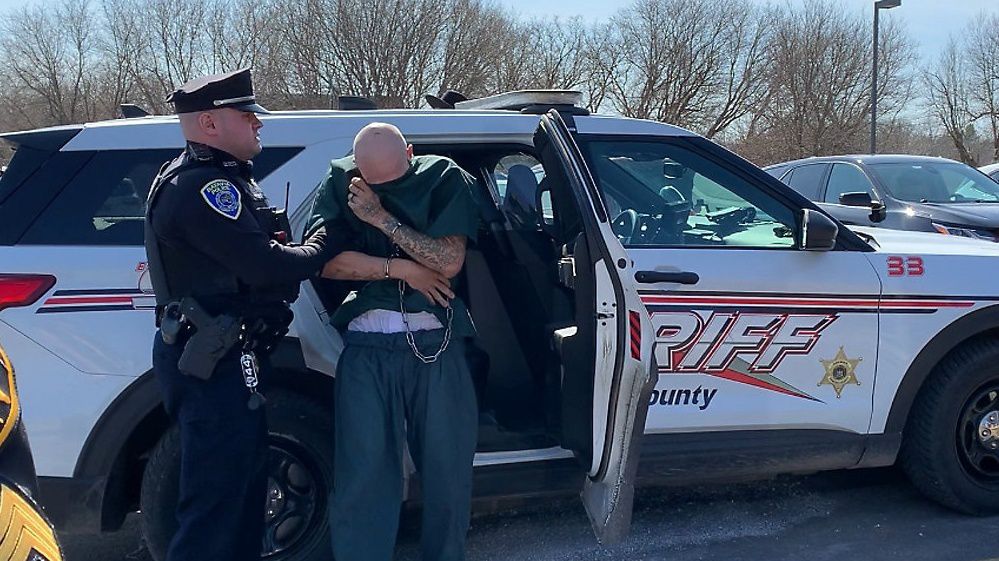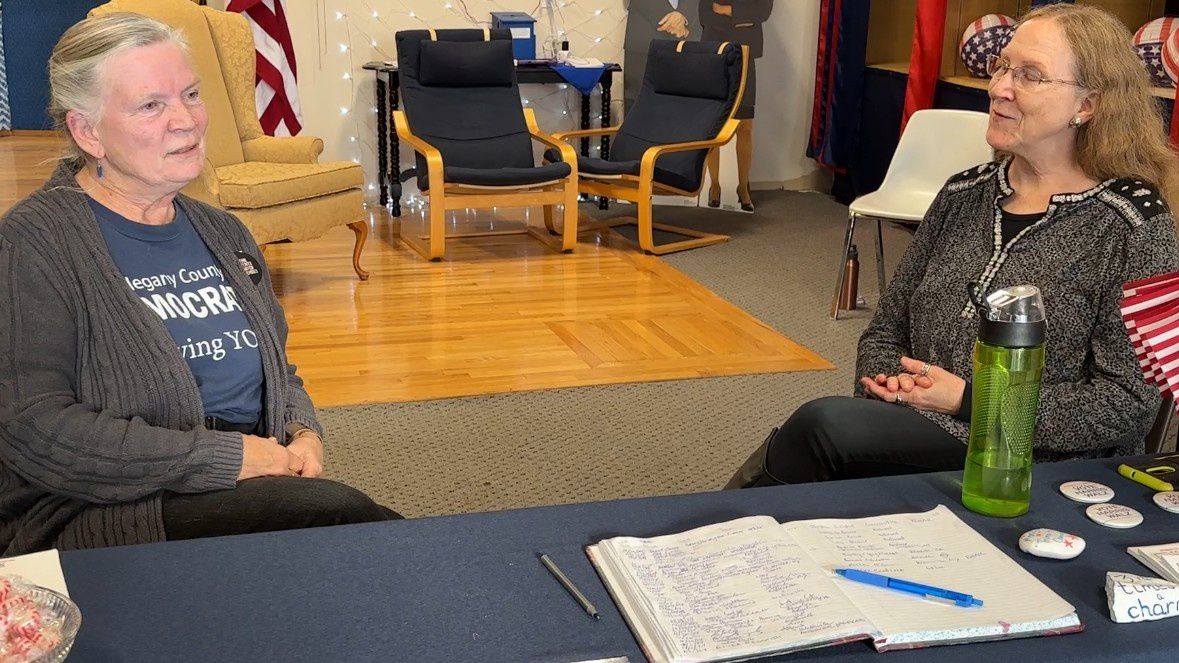Community groups and lawmakers are pushing for a bill that they hope will help combat an issue plaguing neighborhoods across New York state — vacant storefronts.
Along with being eyesores, those abandoned businesses also have an impact on the economy, lowering tax revenue and limiting the services and stores available to consumers.
A proposed bill in the state Senate would create an online registry for vacant commercial storefronts.
Current and prospective small business owners need a lot to run a business from finances to permits and so much more.
“In addition to that, they need accessibility,” said state Sen. April Baskin. “They need to know that there is a storefront in their community that is underused or dilapidated. That they have the information that they need at hand to be able to pick up the phone, raise a concern about it or be able to pursue it."
This year, a bill was proposed to the state Senate to combat the problem of vacant storefronts across the state. The bill would establish a public online registry of vacant storefronts.
“That's a way that we work to revitalize our community and lead in utilizing one of the vacant properties,” said Elyssa Rossi, small business liaison for the City of Rochester.
Vacant storefronts can create economic decline by reducing property values, difficulty attracting new businesses and causing less foot traffic along with other factors that can negatively impact communities.
“When we are seeing depreciated values of our commercial strips, it then creates blight, blight and depreciation around the surrounding neighborhoods,” said Assemblyman Mitch Nowakowski of Buffalo’s Filmore District.
“I think the important thing with revitalization is taking the attributes of neighborhoods that are already make that community really special,” Rossi said.
The New York City Council passed its own Storefront Registry Law in 2019. If this bill is passed through the state Senate, it would put the public registry in place for the rest of the state.
“This registry is the first step for us to understand what is the inventory and how do we develop a plan to get these retail districts back to the thriving spaces that they once were,” Baskin said. “If there's an opportunity to streamline the process, I think that that would be incredibly beneficial, not just for the small businesses, but for the property owners as well.
Some state officials in support of the bill hope it will help boost communities across the state both financially and passionately.
“I think that this is the initial start on what we can build forward, the amount of data that we can collect, the amount of resources we're able to then garner for our commercial corridors,” Nowakowski said.












